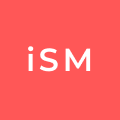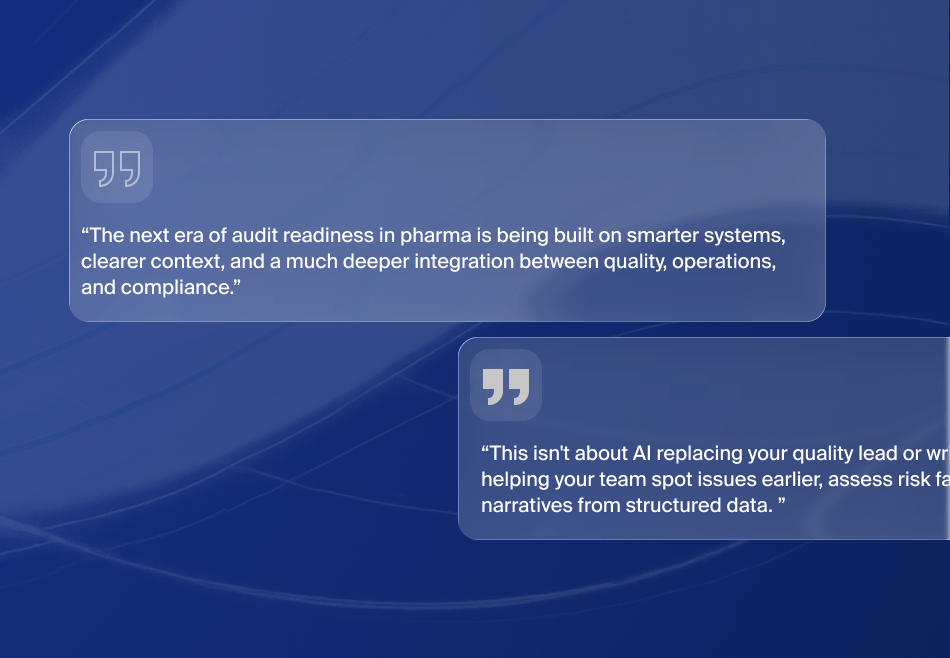At a Glance
- Batch manufacturing or batch processing in manufacturing are conventional methods used by chemical, pharmaceutical and related sectors. These methods pose various challenges when it comes process management, formula simplification, quality checks and more.
- Formula management is the core of process manufacturing to manage ingredients and related raw material, making it audit prone and a validated process.
- Manufacturers are looking for solutions and software to allow the R&D and production team to work together on formulations. Manufacturers need to simplify Formula management and track changes to maintain an audit trail.
The pharmaceutical industry faces many challenges related to formula management in manufacturing. Maintaining formula, formula lines, cross-checking the data, managing raw material supply etc. can be a daunting task for the people on shop floor. Any change in formula needs to be communicated and cascaded down to production line operators to make necessary changes while running the manufacturing process smoothly.
We currently live in a modernized, connected world and it is thus essential to bring these modern hi-tech solutions to pharmaceutical formula management. After all, advanced technologies will dominate pharmaceutical manufacturing patterns, trends and changes in the coming future.
According to a survey by The Deloitte Center for Health Solutions, 68% of biopharmaceutical companies think that advances in technology will significantly impact their organizations.
Before we understand how manufacturing software can help in formula management, let us first consider the challenges in this area.
Challenges in Batch Manufacturing and the Need to Simplify Formula Management:
1.Formula Consistency:As stated earlier, pharmaceutical manufacturers need the formulations to be maintained. This would affect the quality and result of the drug (or other pharmaceutical product) being manufactured. In batch manufacturing, formula consistency plays an essential role in getting consistent results. The challenge lies in maintaining this consistency across multiple locations for different batches.
2.Communicating and Implementing Formula/Line Changes:A formula or formula line is subject to change based on batch history, planned vs. actuals, potency values or other unpredictable factors. When changes are not communicated and implemented correctly, pharmaceutical production can be challenging, especially while producing multiple lots. The cost and labor lost in such scenarios is tremendous. Communicating formula changes to all the stakeholders in the process is equally crucial to avoid quality discrepancies.
3.Maintaining and Managing Data:A pharmaceutical manufacturing facility deals with numerous formulations. Bill of Materials (BOM), ingredients, coproducts, byproducts, different formula lines, 3rd party manufacturing within a formula line, vendor management list, supply chain tracking etc. are all interrelated to formula management. This indicates extensive data generated daily, which needs to be collated, documented, and even analyzed, making it a daunting task prone to errors.
Leveraging Technological Innovations to Address Formula Management Challenges:
Today, digitization and automation have paved newer paths for conventional methods. Tools and systems developed for productiveness and superior performance can address the challenges faced by manufacturers. Speaking particularly of formula management challenges in pharma batch manufacturing, organizations can adapt batch manufacturing ERP software to facilitate:
- Centralized record maintenance of formula, items, formula lines etc.
- Formula management
- Automated change communication
- Data collation, systematic classification, report generation in the system and more
- Track and tracing of the lot/ batch
- Effective supply chain management
- Production line management
- Cost sheet maintenance and cost management
These and many more such benefits have turned pharma manufacturers’ attention towards integrating ERP in their batch manufacturing process to simplify formula management.
Figure 1:How ERP Software Can Simplify Formula Management in Batch Manufacturing

How Does Batch Manufacturing Software (ERP) Simplify Formula Management?
With the benefits mentioned above, subject matter experts and CXO’s in pharma companies know how to achieve formula simplification through an ERP software for batch manufacturing. The answer lies in the design and programming of the software which is built to
- Manage item variants
- Maintain purchase order sheets for scheduling, re-ordering, etc.
- Inventory management, forecasting and order management
- Formula recording, process control, change management and more
The payoffs of investing in batch manufacturing ERP software are numerous. With the increase in globalization, it is all the more important for pharma companies to reduce the time to market while ensuring that the product quality is not compromised. Managing the formula and how it scales for different sizes is probably the first step towards meeting those needs. With the help of high-end software, batch processing in manufacturing can be carried out effectively while simplifying formula management.
Key Takeaways
- Pharma companies need to go digital to manage formulas for their product lines.
- Batch manufacturing is a complex process with many factors such as scalability of batch sizes, scrap percentages, potency calculations, by product yields, etc. By simplifying formula management, pharmaceutical manufacturing companies can effectively track their batch production process.
- There are currently many software tools/ solutions available for pharma companies to integrate into their manufacturing processes. By recognizing their requirements for formula management and batch manufacturing, they should invest in the ones that offer maximum ROI.
Get Consultation For all Your Business Needs








